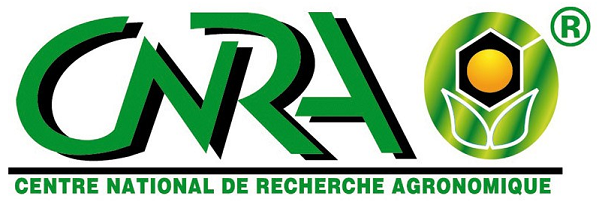National Center for Agronomic Research of Côte d'Ivoire
The CNRA, National Center for Agronomic Research of Côte d'Ivoire was created in 1998 following the dissolution of several research structures (IDEFOR, IDESSA, CIRT) with the aim of better coordinating agricultural research in order to obtain better results. . The CNRA thus brings together several sites spread over the entire Ivorian territory. Each site is made up of a set of Research Stations administratively attached to a Regional Directorate (Dreg).
The main purpose of the National Center for Agronomic Research is:
- The sustainable increase of production and productivity in the agricultural and agro-industrial domains by:
- research on plant, animal and forest production, production systems, conservation and processing methods, as well as the adaptation of technological innovations in rural areas
- the transfer of scientific and technical knowledge to public and/or private, local and/or external operators
- The conservation and enhancement of the scientific and technical heritage, the intangible rights and the movable and immovable property which will have been made available to it by the State or acquired by the company within the framework of its object
- And, more generally, all agronomic and technological research activities and all agricultural, industrial or commercial, real estate or financial operations, including all equity investments in other companies headquartered in Côte d'Ivoire or in other countries. , which may be directly or indirectly related to the corporate purpose or likely to facilitate its achievement or development.
- The sustainable increase of production and productivity in the agricultural and agro-industrial domains by:
This field is currently empty
This field is currently empty

